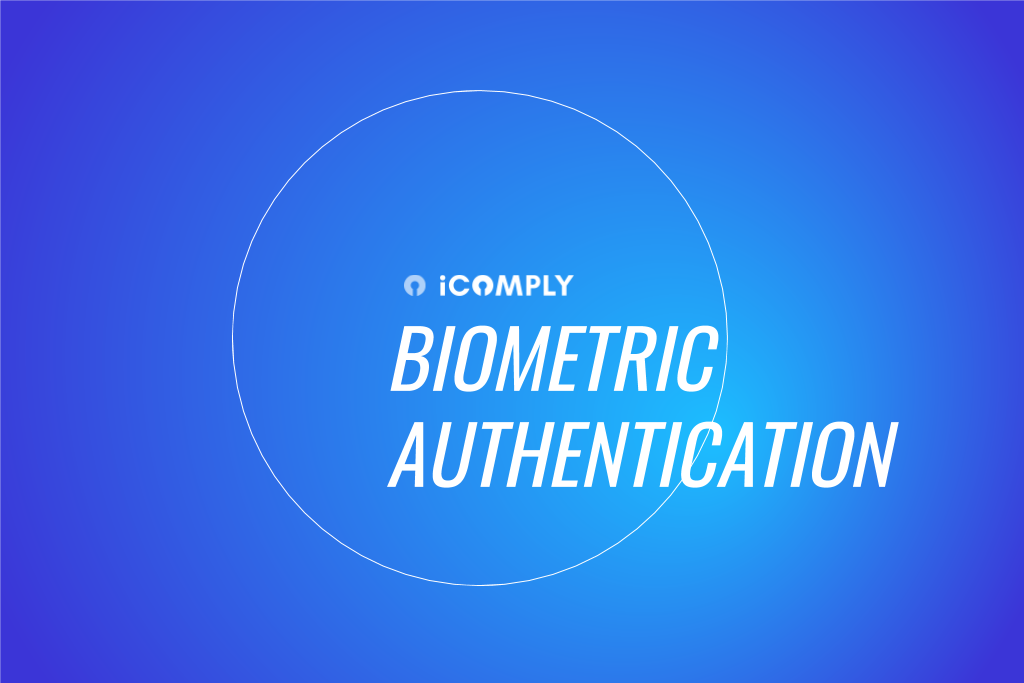December 2020 Regulatory Updates

Regulatory Actions and Updates from Around the Globe
Enforcement Highlights – December 2020
United States:
- The Securities and Exchange Commission (SEC) charged jewelry wholesaler Gregory Altieri for defrauding both current and retired police officers and firefighters in a Ponzi-like scheme.
- SEC filed emergency action by imposing an asset freeze against Virgil Capital LLC in connection with an alleged securities fraud related to Virgil Sigma cryptocurrency fund.
- SEC charged Ripple and its co-founders with raising over USD $1.3 billion through an unregistered, ongoing digital asset securities offering.
- SEC charged real estate development company Silicon Sage Builders for USD $119 million securities fraud targeting the Northern California South Asian community.
- Robinhood Financial agreed to pay USD $65 million to settle SEC charges for misleading customers about their revenue sources.
- China-based Luckin Coffee agreed to pay USD $180 million in penalties to settle accounting fraud charges for misstating the company’s revenue, expenses, and net operating loss.
- General Electric paid a USD $200 million penalty to settle charges for repeated disclosure failures across multiple businesses that materially misled investors.
- SEC charged a global securities pricing service for compliance deficiencies, failing to implement written policies and procedures designed to prevent violations of the Investment Advisers Act and its rules.
- SEC ordered UK-based investment adviser BlueCrest Capital Management to pay USD $170 million to investors harmed by inadequate disclosures and material misstatements.
United Kingdom:
- The Financial Conduct Authority fined Charles Schwab GBP 8.96 million for failing to arrange adequate protection for its clients’ assets and carrying out a regulated activity without permission.
Hong Kong:
- The Securities and Futures Commission of Hong Kong fined Fulbright Securities Limited USD $3.6 million for failing to implement internal control procedures to detect and prevent illegal short selling.
- SFC issued a restriction notice to CNI Securities Group Limited to freeze client accounts linked to suspected market manipulation
Regulatory Updates
United Kingdom:
The Financial Conduct Authority has established a Temporary Registration Regime for cryptoasset businesses, which are required to be registered with the FCA by 10 January 2021.
The regime was established due to FCA’s inability to assess and register all firms that have applied for registration due to the complexity of applications and COVID-19 pandemic restricting FCA’s ability to visit firms. It will allow existing firms that have applied for registration before 16 December 2020, and whose applications are still being assessed, to continue trading.
Businesses that began operating after 10 January 2020 are required to obtain full registration with the FCA before conducting business.
***
Her Majesty’s Treasury and The Home Office issued the third national risk assessment of money laundering and terrorist financing in the UK. The policy paper outlines how the key risks have changed since the UK’s second NRA was published in 2017, and the action taken since 2017 to address these risks.
Past events: How Compliance Changed in 2020

Watch the recording of our most recent webinar reviewing the impact that the Fifth Money Laundering, more commonly known as AMLD5, had on the landscape of compliance in 2020 for businesses and financial services providers around the globe.
Biometric Authentication in KYC
How is biometric authentication used in the realm of KYC and compliance? Learn more about how financial services providers are using biometric authentication to keep their customer’s identity secure in our most recent Regtech Glossary post.
learn more
Is your AML compliance too expensive, time-consuming, or ineffective?
iComply enables financial services providers to reduce costs, risk, and complexity and improve staff capacity, effectiveness, and customer experience.
Request a demo today.
The Future of KYC: Trends and Innovations
The landscape of Know Your Customer (KYC) compliance is continually evolving, driven by technological advancements and changing regulatory requirements. This article explores the future of KYC, highlighting emerging trends and...
Advanced KYC Technology for Efficient Compliance
Advanced technology is transforming Know Your Customer (KYC) processes, making them more efficient and effective. This article explores innovative tools and technologies that enhance KYC compliance, ensuring accurate customer...
KYC Process: Steps to Effective Customer Verification
Know Your Customer (KYC) processes are essential for financial institutions to verify customer identities, assess risks, and prevent financial crimes. This article outlines the steps to an effective KYC process, ensuring...





